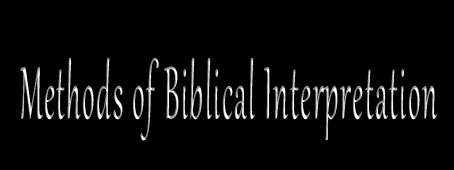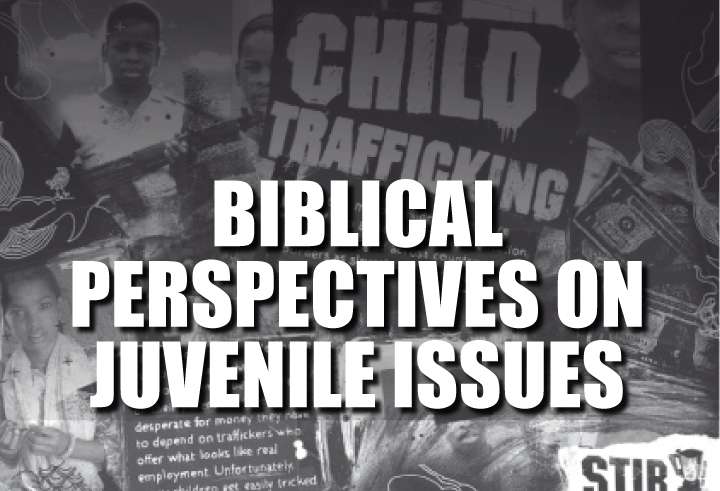

Impact of Perceived Parenting
Dr. Saju Joseph
Apparent parenting style and practices including parental conflicts and parental anxiety and the way the children understand them can be termed as perceived parenting.
Parents have a key role in the well being and overall performance of the children. They can influence children positively and negatively. Generally speaking, parents play a significant part in developing identity, positive self-image, life satisfaction, competency, and other skills in children. At the same time emotional problems such as psychological stress, depression and other problem behaviors can also be developed from parental influence. Parental bond remains of considerable importance as it strongly makes a lasting impact.
It is found out that higher level of perceived family conflict are related to higher levels of adolescent depression whereas higher level of parental attachment were associated with lower levels of adolescent depression. Family structures form "self-image and the mutual relationship style of the family members and their relationship with the outside world.
Many studies were conducted on parental variables and found out that educational status of parents is related with family structure that relates more powerfully to the child’s social effectiveness. It is proved in different studies that personality traits such as trust, confidence, assertiveness, achievement orientation, sensitiveness, adjustment etc. as characteristics of joyful and fruitful marital life. Parental variables have strong relationship with the growth of the child.
Children usually obtain the motivation for accomplishments in life from their parent’s lifestyle. Children start their independent training at an early age and grow into more autonomy. An achievement oriented attitude is developed in children within a cooperative, encouraging and less authoritarian family environment. Also, the environments and conditions in his or her life may lead an individual to provide a level for the strength of his achievement motive to fight for attaining the standard of excellence one aims.
“Ojha and Pramanic (1995) found out the relationship of 6 kinds of behavior of mothers and fathers ( restrictive, permissive, loving, neglecting, protective, and rejective) on specific personality traits (hostility, self-esteem, and self-disclosure ) of their children. Mac Donald et.al.,(2006) found out a positive association between parental support and adolescent’s self –esteem and a negative association between parental control and adolescents’ self esteem.”
Most studies of children's perceptions of their parents have focused on older adolescents' and young adults' retrospective reports of the parent-child relationship (reviewed in Burbach & Borduin, 1986; Gerlsma, Emmelkamp, &Arrindell, 1990). Most of these studies have used measures such as the Children's Report of Parental Behavior Inventory-Revised (CRPBI-R; Schaefer, 1965; Schludermann & Schludermann, 1970) or the Parental Bonding Inventory (PBI; Parker, Tupling, & Brown, 1979), which assess adolescents' perceptions of their father and mother. By design, these measures assess overt behavior. Thus, these measures cannot be completed for a parent who does not (or did not) have face-to-face contact with the adolescent. Because of this measurement design, less is known about adolescents' cognitions and emotions related to their absent parent, especially absent fathers (Phares, 1996). It would be helpful to have a measure that could be given to adolescents that would assess their cognitions (i.e., mental representations) and emotions related to their father and mother, regardless of the physical presence or absence of the parents.
Impact of parenting on the Personality growth of Children
Parents play a vitally important part in the intergenerational transmission of religious beliefs and practices. Generally speaking, children become religious only if their parents are religious, otherwise, they do not become religious at all. Religiosity therefore basically concerns the intergenerational transmission of religious commitment from parents to child. Moreover, not all content can be successfully transmitted in this way. However studies tell us that parents influence more particularly in the fields of political orientation and religion (Troll & Bengtson, 1979). The importance of parents as active socializing agents or religious role models has often been stressed (Glass, Bengtson, & Dunham, 1986). Children should be able to perceive their parents as religiously committed people—people to whom religion is important. Parents can facilitate such a perception by overt religious behavior (such as churchgoing or daily prayer)—insights confirmed in a recent study by Vermeer, Janssen, and De Hart (2011) of the longitudinal effects of a religious family upbringing on church attendance. They, too, found that parental religiosity and especially parental church attendance are important predictors of juvenile church attendance.
Attachment theorists have developed a model of parent–child relationships from a broad theoretical base that includes ethology, cognitive psychology and control systems. John Bowlby was particularly interested in identifying the nature, significance and function of a child’s tie to his/her parent. Attachment theory is concerned with fundamental issues of safety and protection; in psychological terms, it focuses on the extent to which the relationship provides the child with protection against harm and with a sense of emotional security.
Important dimensions of parenting can be seen in interactions between parents and young children. These are warmth and control strategies. Parenting typologies are divided maily into four forms. One, ‘authoritative’ (high warmth, positive/assertive control and in adolescence high expectations), two, ‘authoritarian’ (low warmth, high conflict and coercive, punitive control attempts), three,‘permissive’ (high warmth coupled with low control attempts) and four, neglectful/disengaged’ (low warmth and low control).
These four typologies have been repeatedly associated with child outcomes. Children and adolescents of authoritative parents are consistently described as most pro-social, academically and socially competent, and least symptomatic. Children whose parents are described as authoritarian, permissive and disengaged show significantly worse outcomes, with children of authoritarian parents showing typically the most disturbed adjustment of the four parenting types.
Psychological Impact on Children by their Perception of Parenting
Several theories have been proposed to explain the psychological significance of parent–child relationships and why they are strongly linked with children’s well-being. In the first half of the twentieth century, research on these broad theoretical positions was unreliable, but did not reduce strong views being advanced about the ways that parents should approach the task of parenting.
Much contemporary research on parent–child relationships can be traced to three dominant perspectives. The fundamental principle is that moment-to-moment exchanges are crucial; if a child receives an immediate reward for his/her behavior, such as getting parental attention or approval, then he/she is likely to do the behavior again, whereas if she/he is ignored (or punished) then she/he is less likely to do it again. Other advocates have expanded this focus to consider the cognitive or ‘mindful’ processes that underlie the parent’s behavior. Whether the assessment and conceptual focus is on behavior or cognitions, the model suggests that children learn strategies about managing their emotions, resolving disputes and engaging with others not only from their experiences, but also from the way their own reactions were responded to. For younger children especially, the primary source of these experiences is in the context of the parent–child relationship and the family environment.
Parenting style has a major influence on the development of the child and there has been a growing awareness of the importance about parenting style and its impact on the upbringing of child among researchers. It is theorized by some that children of very critical parents, with unrealistically high expectations, might develop anxiety during the preschool years. It is also stated that perfectionist attitude of mothers is positively related with anxiety among children. Similarly, unreasonable parental expectations; especially when accompanied by faulty parental behavior pattern harmfully affect the child’s psychological wellbeing. Instilling a democratic style of parenting and greater acceptance of parents among children may prevent anxiety. It is clearly noted that a parental bonding directly affect personality characteristics. A significant amount of behavior traits can be counted for by perceived parental characteristics, especially rejection and lack of emotional warmth and negative evaluation of children by their parents may lead to an internalized maladaptive cognitive set in the children.
Parental behaviors such as rejection and anxiety are associated with worry in children. It is proved in some researches that a reasonable discipline exercised by mothers toward their children helps in enhancing the self-esteem of the children. In short we can conclude that parenting style has greatest influence on the development of child personality and personality traits. Psychological literature is replete with studies regarding relationship between parental behaviors and personality traits.






















